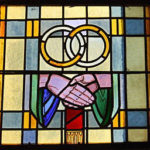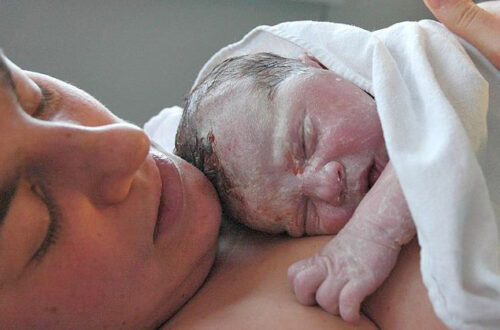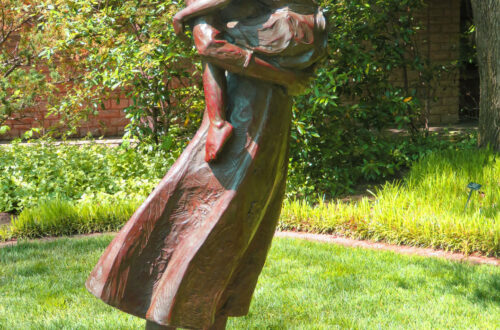Megyn Kelly’s diatribe at Newt Gingrich on the Kelly File illustrates a festering wound in our culture. The sexual revolution that endorses sex outside of marriage has hurt many women. Feminists have embraced an idea of equality that does not take into account the differences in nature that men and women possess. What would the early feminists think about our progress?
The early feminist movement addressed issues important to the respect of women. Hilary Clinton mentioned the Seneca Falls Convention in a speech she gave. The convention took place in Seneca Falls, New York in 1848. It is informative to learn a little about the early feminists.
The most well known were Elizabeth Cady Stanton, daughter of a lawyer, and Lucretia Mott, a Quaker. The three other women were also part of the Quaker community: Martha Wright (Lucretia’s sister), Mary Ann M’Clintock and Jane Hunt. Each was married and had children. This group of five women organized the first women’s right convention.
They were concerned about educational opportunities for women, the right of a woman to own property, the right to her own children, the right to vote, the right to decent jobs.* Together they wrote the Declaration of Sentiments. Elizabeth Cady Stanton made the final revision of the document. She wrote: We hold these truths to be self-evident, that all men and women are created equal**. At the convention 100 people signed it.
Today women in the United States enjoy freedom and opportunity. We can applaud many of the changes that have taken place. The focus on reproductive rights, that Hilary Clinton constantly mentions, did not fit in the perspective of these early feminists. They were pro-life and pro-family.
In the publication, Revolution, Stanton wrote: The strongest feeling of a true woman’s nature is her love for her child; and the startling facts in the above extract [NY times article on infanticide], multiplying as they are on every side, warn us that all things are inverted. Objectors cry out to us who demand our rights, and the ballot to secure them, “Do not unsex yourselves.” It is against this wholesale unsexing that we wage our war.
We are living today under a dynasty of force; the masculine force is everywhere overpowering the feminine, and crushing women and children alike beneath its feet. Let women assert herself in all her native purity, dignity and strength, and end this wholesale suffering and murder of helpless children. With centuries of degradation, we have so little of true womanhood, that the world has but the faintest glimmering of what a woman should be.***
The hope of these women was that marriage would be strengthened by equal participation in the marriage covenant. They were against the abuse of women by men. They promoted education and protection of their right to their children. They acknowledged the nurturing nature of women.
Reproductive rights have not improved overall respect for women’s feminine nature. The availability of the pill and abortion has not reduced the abuse of women, but instead made it easier for abuse to take place without consequence. When Planned Parenthood neglects to pursue charges against a man who brings a teenager, a minor, in for an abortion, that perpetuates the abuse.
Many women today have more in common with the early feminists than with Hilary Clinton. We would prefer to pursue improved education on women’s health and fertility. We would like young women and poor women to have alternatives to abortion, the support that they need during a difficult time. We would like all women to be informed of the risks and side effects of hormonal contraception and abortion.
True reconciliation between men and women comes by following the Bible’s principles for healthy living. The Bible teaches love and respect in the marriage relationship. When we believe Jesus (we are all sinners needing forgiveness) and follow his ways we are able to forgive and love.
Women are speaking up for healthy relationships at Women Speak for Themselves.
*Cady Stanton, Elizabeth and others, eds., 6 vols., History of Woman Suffrage, New York: Fowler & Wells, 1881-1922, 1:70-71
**Oakley, Mary Ann, Elizabeth Cady Stanton, New York: The Feminist Press, 1972.
Sharing this post with Thought Provoking Thursday and Christian Blogger






Thanks for visiting my site this week Carol. I love what you are doing here. Your site is beautiful and your article is poignant and thought provoking. I hope you continue to write these words of wisdom to encourage, uplift , and enlighten women through your experiences.
Have a fantastic weekend and may God continue to bless you and yours.
Thank-you for visiting and your kind comment! Have a great week.